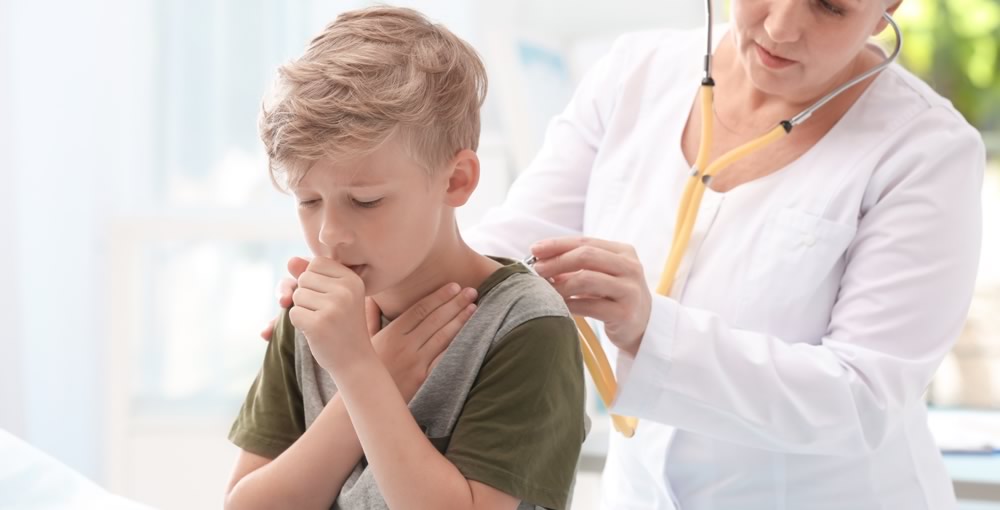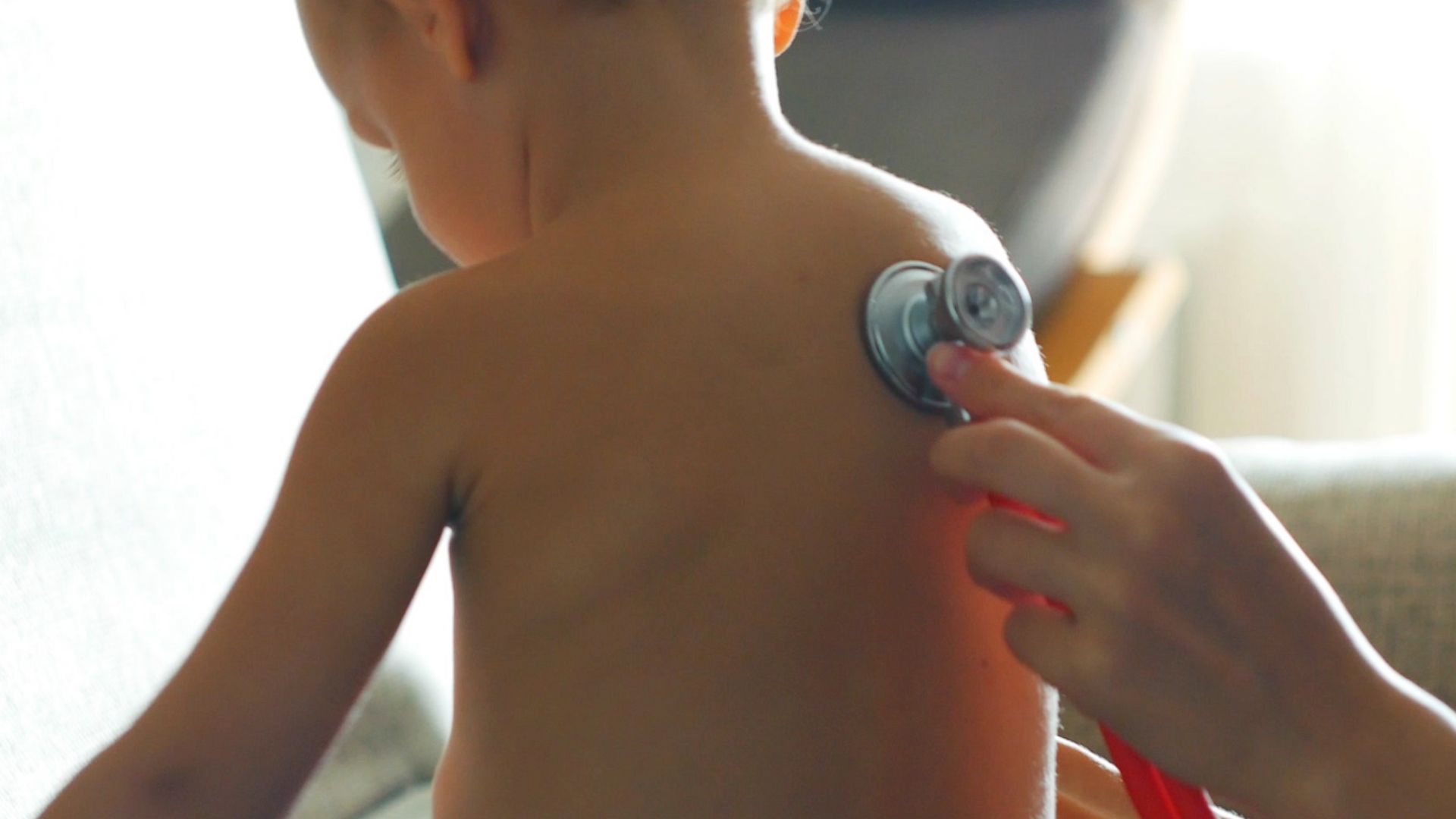As the colder months approach, the United States is witnessing an uptick in cases of respiratory syncytial virus (RSV).

Respiratory Syncytial Virus Takes Center Stage in Winter 2023: Comprehensive Guide to Symptoms, Treatments, and Vaccination Shot (Photo: Texas MedClinic)
Understanding RSV Transmission and Symptoms
According to recent data published by ABC News, in December 02, 2023, the Centers for Disease Control and Prevention (CDC), there were 8,863 positive respiratory syncytial virus (RSV) tests recorded for the week ending Nov. 25. While this is typical for this time of year, it is slightly down from the previous week. The respiratory syncytial virus, known for causing mild illness in most cases, can pose a serious threat to infants, young children, and seniors. Dr. John Brownstein, an epidemiologist, emphasizes the importance of taking precautions without succumbing to panic.
Respiratory syncytial virus (RSV) is a common respiratory virus that infects nearly all children before their second birthday, according to the CDC. The respiratory syncytial virus can spread easily through respiratory mechanisms such as coughing and sneezing, as well as by touching contaminated surfaces. The symptoms, including coughing, sneezing, runny nose, fever, wheezing, and decreased appetite, usually appear four to six days after exposure.
Babies, toddlers, children, and adults exhibit similar symptoms of respiratory syncytial virus, with additional concerns for the smallest children, who may experience irritability, decreased activity, and breathing difficulties due to the inflammation of the smallest airways in the lungs.
READ ALSO: Leading West Virginia Grants $1M Program To Anti-Abortion Pregnancy Center Coalition
Challenges in Identifying and Treating RSV
In a recent report featured by Health Partners, distinguishing respiratory syncytial virus (RSV) from other respiratory infections, like influenza, can be challenging due to the mild nature of the symptoms and their similarity to other viruses. RSV symptoms tend to develop gradually, distinguishing it from the more sudden onset of influenza. Currently, there are no specific medications tailored for respiratory syncytial virus (RSV) treatment, and most infections resolve within a week. Experts recommend rest and fluids for older, healthier individuals, while more severe cases may require fluids, supplemental oxygen, or ventilation.
Antibiotics are ineffective against respiratory syncytial virus (RSV), making it crucial to seek medical attention if breathing difficulties or worsening symptoms occur. The absence of specific treatments highlights the importance of preventive measures and the potential for exciting developments in RSV prevention, including vaccines for different age groups and monoclonal antibody shots for infants.
READ ALSO: Life-Saving Medical Treatment Tailored For One: A Glimpse Into The Future Of Healthcare?
























